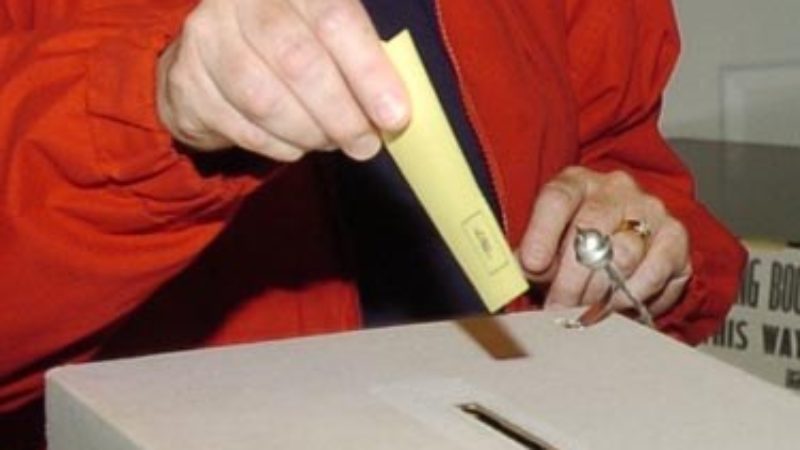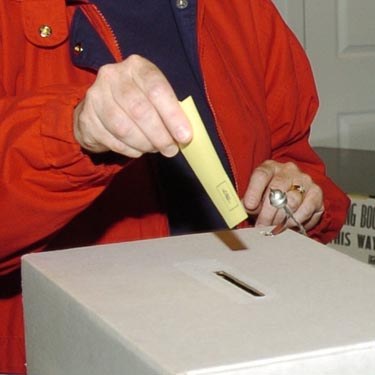

Like so many members across the country I recently received an email from the electoral services enclosing my ballot paper for the on-going NEC elections. This came as little surprise to me as the Young Fabians had used a similar method to elect its executive. Further back than that there was always an opportunity to vote online for a new student motion, whether it was on tuition fees or the new menu in our student bar.
So after I finally found the time to cast my ballot, I pondered on the simple question ‘surely now is the time to try out online voting nationally?’
I’m proud to be in a party that has led from the front on widening participation across all age groups from young people to the elderly. The concerted effort to promote turnout by the leadership is a testament to our values of representing the many and not just the few.
However the spiralling decline of support for politics across all ages suggests there is still work to be done. The trend doesn’t seem to be abating as unfortunately in the last elections numbers fell again and figures suggest that they may not vastly improve next May. Granted the European and local elections may not have been the most exciting contests but two countries in a similar position have used it as an opportunity to pioneer their online voting system. Estonia and Switzerland are hardly the European countries which naturally roll of most tongues but they’ve seen their online voting system go off without a hitch with 16% of online voters saying they wouldn’t have voted if there weren’t online facilities. Surely Estonia and Switzerland provide the ideal example of how online voting can work, and if accompanied with modernisation of our political process it can inspire a whole new generation of voters.
Nevertheless critics have often pointed to the pitfalls of online voting, citing the digital divide and security concerns as the main draw backs. It is fair to say that any introduction of online voting may seem to benefit the tech savvy 20 something year olds but a recent survey from McCarthy & Stone showed that 96% of pensioners said they felt savvier with technology as compared to 5 years ago. Coupled with the fact that Britain now ranks as the 8th most connected country in the world meaning an introduction in online voting would benefit us all. Concerns have also been raised over security and the rising ease at which hackers are able to compromise online systems, yet if we followed that argument we may as well quit while we’re ahead and start trading by barter again. Crucially the main rebuttal too many of the criticism of online voting is simply that it’s just another option to complement an existing range of voting methods and if given the chance, possibly a game changer in widening participation.
As with most changes in laws, implementation of online voting will be largely down to whether policy makers in Whitehall believe that providing this additional method of voting will increase turnout. There’s no better argument for the introduction of online voting than the success of postal voting. According to the electoral commission 83% of those with a postal ballot in 2010 returned it, by way of contrast only six in ten of those electors required to vote ‘in person’ did so. History has shown that eventually politics will catch up with modern society, the question is whether we’ve learnt the lessons from the eternity it took to introduce postal votes on demand or will we have to wait another 50 years.




More from LabourList
Antonia Romeo appointed to lead civil service as new Cabinet Secretary
‘If Labour is serious about upskilling Britain, it must mobilise local businesses’
Stella Tsantekidou column: ‘What are we to make of the Labour Together scandal?’